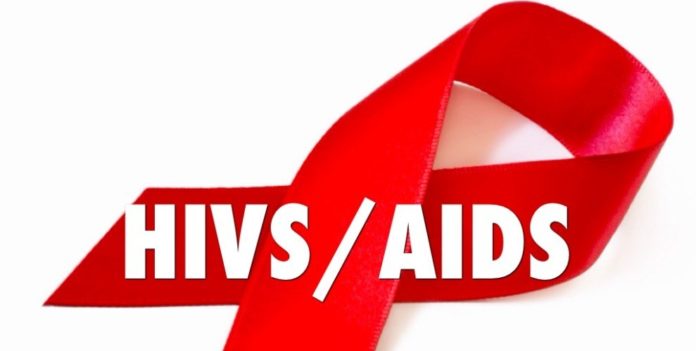Parliament passed the Human Immunodeficiency Virus and Acquired Immune Deficiency Syndrome (Prevention and Control) Bill, 2017, seeking to prevent any injustice against HIV or AIDS infected persons on Tuesday with the Lok Sabha passing it. The Bill had got the Rajya Sabha’s nod on 21 March.
Political party representatives cutting across party lines give their stamp of approval for the Bill that, among others things, seeks to make injustice against HIV patients a punishable offence with jail term ranging from 3 months to two years and fine or both.
Terming the unanimous passage of the Bill in the Lok Sabha “historic”,Health Minister J P Nadda said the government “stands committed for free treatment of HIV patients.”
The minister said the Bill was ‘people centric’, it strengthened the rights of the people infected with HIV.
He said,“Under goal 4 of the Millenium Development Goals, HIV, malaria and tuberculosis had to be arrested and reversed. “Not only this, we arrested (the spread of) ebola, zika by our testing facilities and national surveillances,” adding that there were 22,000 HIV testing centres in the country, which conducted 2.9 crore HIV tests, including 1.3 crore pregnant women.
The Bill lists various grounds on which discrimination against HIV positive persons and those living with them is prohibited.
Mr. Nadda said, “Whosoever does not adhere to the provisions of the Bill will be penalised. There would also be civil and criminal proceedings against them. Action would be also taken against those who come between the implementation of the provisions of the proposed Bill.”
The legislation prohibits discrimination against people living with, and affected by, HIV in a range of settings, including employment, education, housing and health care, as well as with regard to the holding of public or private office, access to insurance and freedom of movement.
It also bans unfair treatment of people living with and affected by HIV with regard to accessing public facilities, such as shops, restaurants, hotels, public entertainment venues, public facilities and burial grounds.
The Bill also prohibits any individual from publishing information or advocating feelings of hatred against HIV positive persons and those living with them.
Under the new law, central and state governments are obliged to provide for anti-retroviral therapy (ART) and management of opportunistic infections (infections that take advantage of weakness in the immune system and occur frequently).
The protection mandated under the law extends to the fields of employment, healthcare services, educational services, public facilities, property rights, holding public office, and insurance.
Welcoming the passage of the landmark legislation, UNAIDS said that the Bill would improve access to justice for People Living with HIV . “This is an important step forward for people living with and affected by HIV in India and around the world,” said Steve Kraus, Director, UNAIDS Regional Support Team for Asia and the Pacific.
“This legislation begins to remove barriers and empowers people to challenge violations of their human rights.”


























